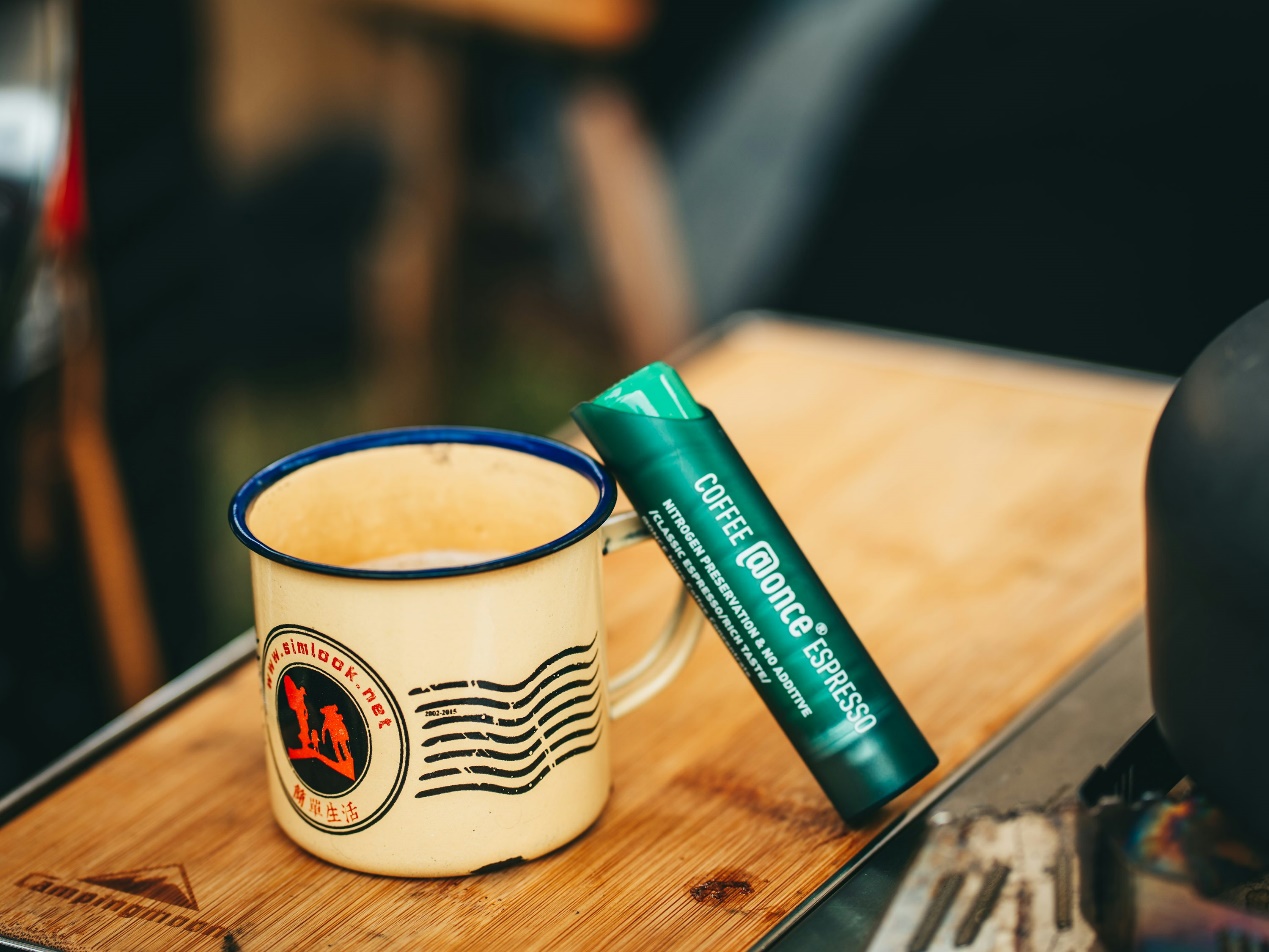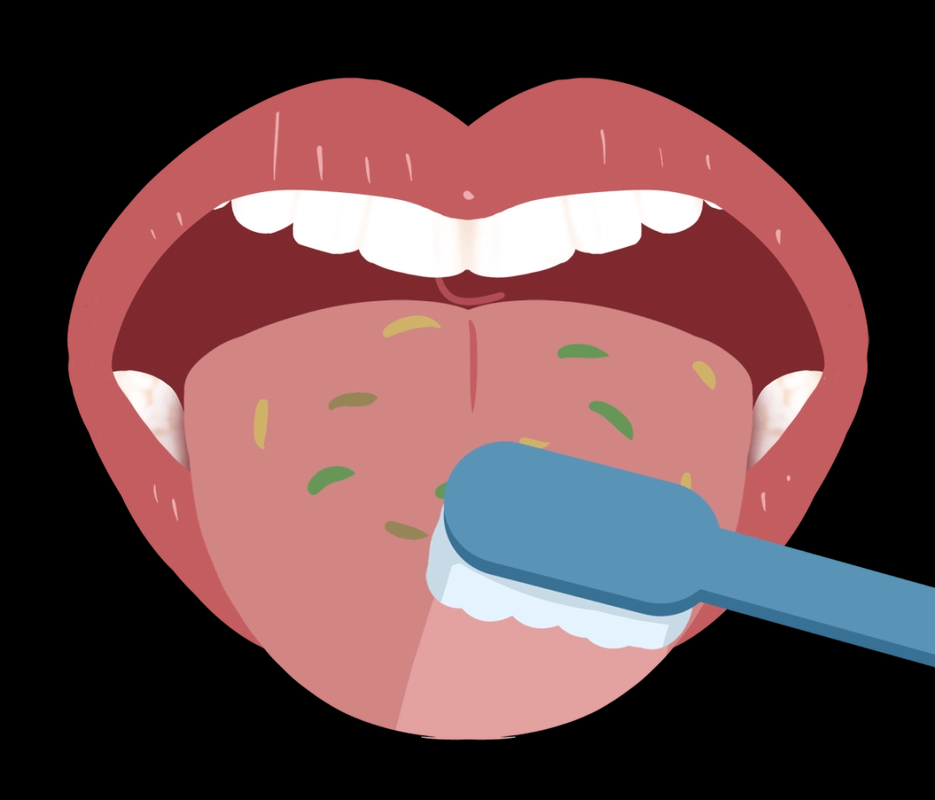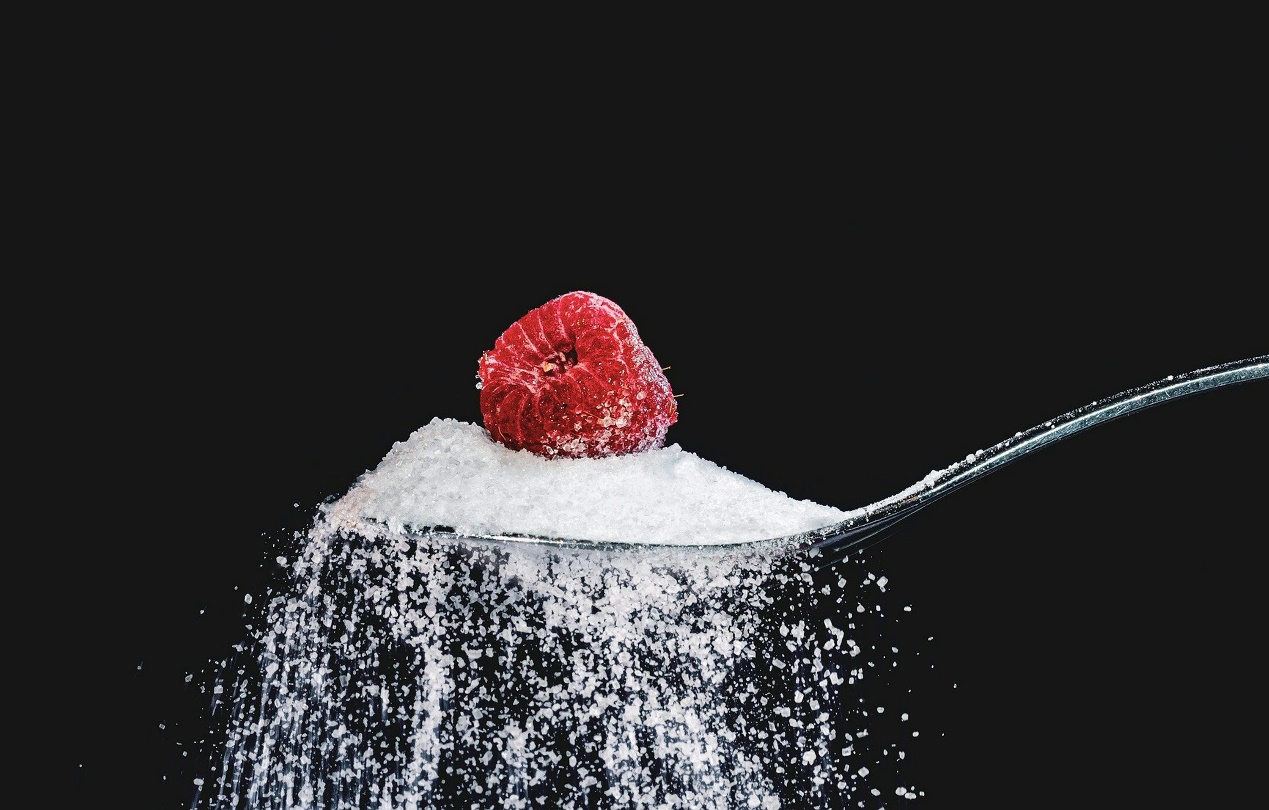Do you hesitate before speaking to others, worried you might have bad breath? Bad breath This topic is always awkward, as if a strong "odour" floats in the air, reminding you that you might have unwittingly become the "bomb" at a social gathering. And what's worse, you might not even realise it yourself. So, how can you quietly check if your breath is less than "fresh"? You don't need to make your friends your "guinea pigs", in fact, you can check it yourself at home and even "get a warning in advance to avoid becoming the centre of attention at social events.
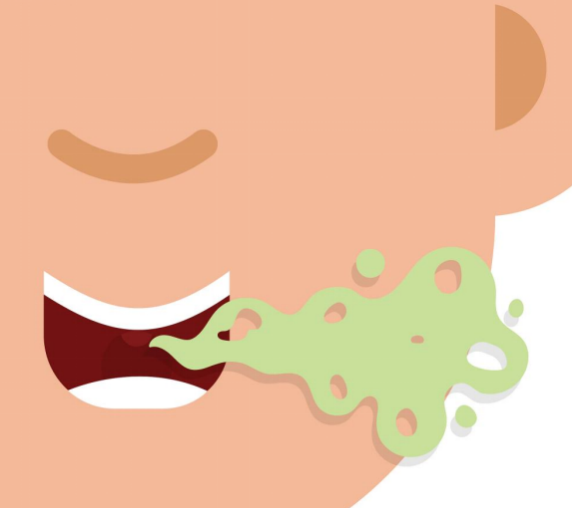
To understand the root cause of bad breath, we first need to unveil its "mystery". The most common cause of bad breath is not that you've just had a big meal or a few cups of coffee, but gum disease, or periodontitis. These oral "silent killers" quietly lurk in your mouth, often with no obvious symptoms, but they are the main culprits of bad breath. You might think, how could I have gum disease? Isn't that something for the elderly? In reality, mild gum disease is a "frequent visitor" in the human mouth, and you might even be unaware of it.
How can you confirm if your breath is problematic? The truth about bad breath is often not easy for you to detect yourself. After all, the air we usually smell is "our own home's scent," so we tend to become "immune" to it. Therefore, the simplest and most effective method to check if your breath has a bad odour is to test with the back of your hand. The steps are simple— lick the back of your hand with your tongue, wait a few seconds, and then gently sniff it after the saliva dries. If the smell you detect is like boiled sauerkraut or somewhat similar to old socks, then congratulations, your breath does indeed need some "freshening up.
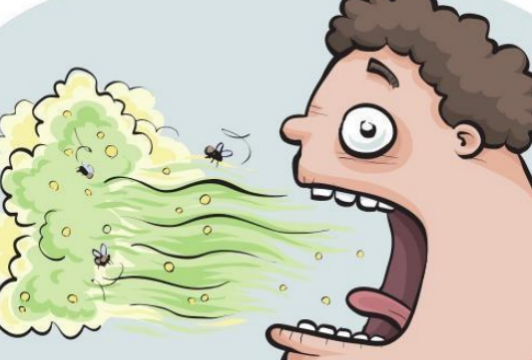
The good news is that bad breath is not an unsolvable problem. Bad breath can "disappear for good" . Here are a few tips that will help you "walk out" of the oral world. You might think that brushing your teeth in the morning will solve the problem, but that's not enough! Brushing your teeth requires some expertise. You should brush your teeth at least twice a day—once in the morning and once at night. In the evening, it's especially important to focus on cleaning between your teeth, as food particles from the day can get trapped there. If not cleaned promptly at night, bad breath will easily appear. If you feel that your toothbrush isn't "strong enough". consider switching to an electric toothbrush, which can help you clean everycomer more effectively and prevent bacteria from "setting up camp." While brushing, don’t just focus on your "teeth"— another key player in your mouth, the tongue, also doesn't like being ignored. You might have brushed your teeth, but your tongue could have been "forgotten". The coating on your tongue is like a bacteria-gathering place, where food residue and bacteria can linger. Try gently cleaning your tongue with a specialized tongue scraper, or use the back of your toothbrush to scrape off the coating. You'll find that the fresh feeling on your tongue will immediately bring a world of change to your mouth Often, plaque is the backstage culprit of bad breath.
Though it's invisible and intangible, it always exists between your teeth quietly". accumulating" bacteria and making your breath worse. Dentists not only help remove plaque but also provide professional oral care advice to prevent bad breath from becoming a "regular visitor".
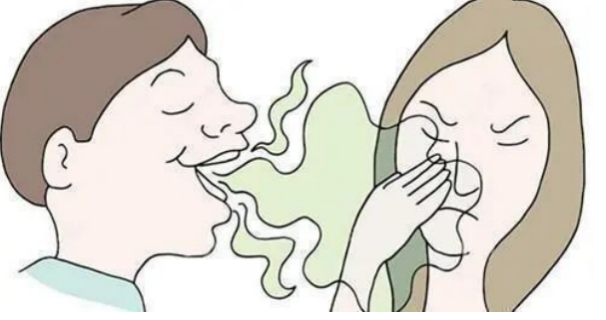
Some people may sadly say, "T've tried all these methods, I even follow them every day, but I still have bad breath. What's going on?" Well, there could be some "deeper" causes. First, think about whether you drink enough water. Reduced saliva production gives bacteria more room to grow, so drinking more water helps keep your mouth moist. Diabetic patients may have a breath that smells like rotten apples. If you're into heavy drinking or smoking, bad breath might also "haunt" you. Give your mouth a thorough clean-up and let the long-standing problem of bad breath" finally disappear.
